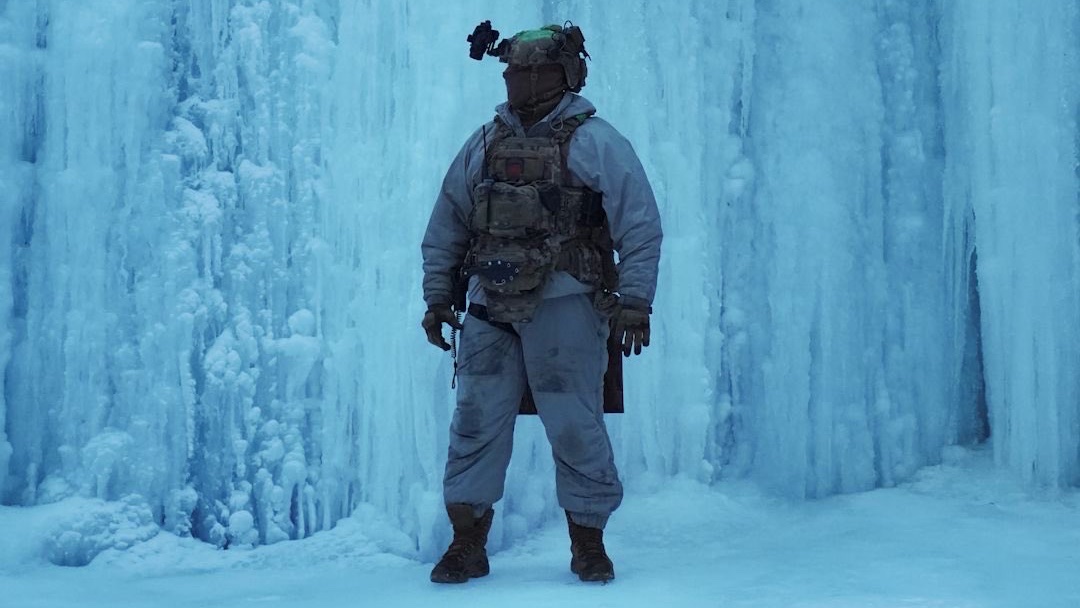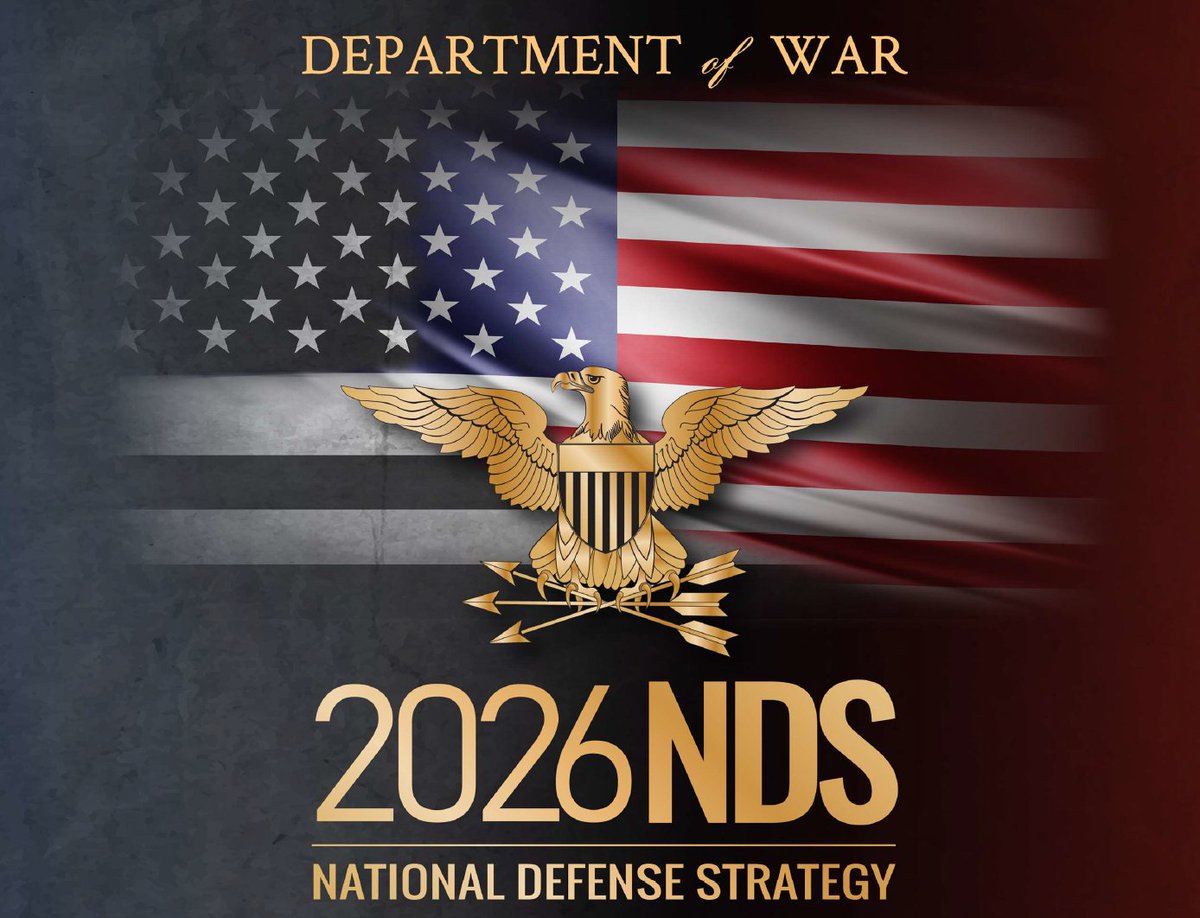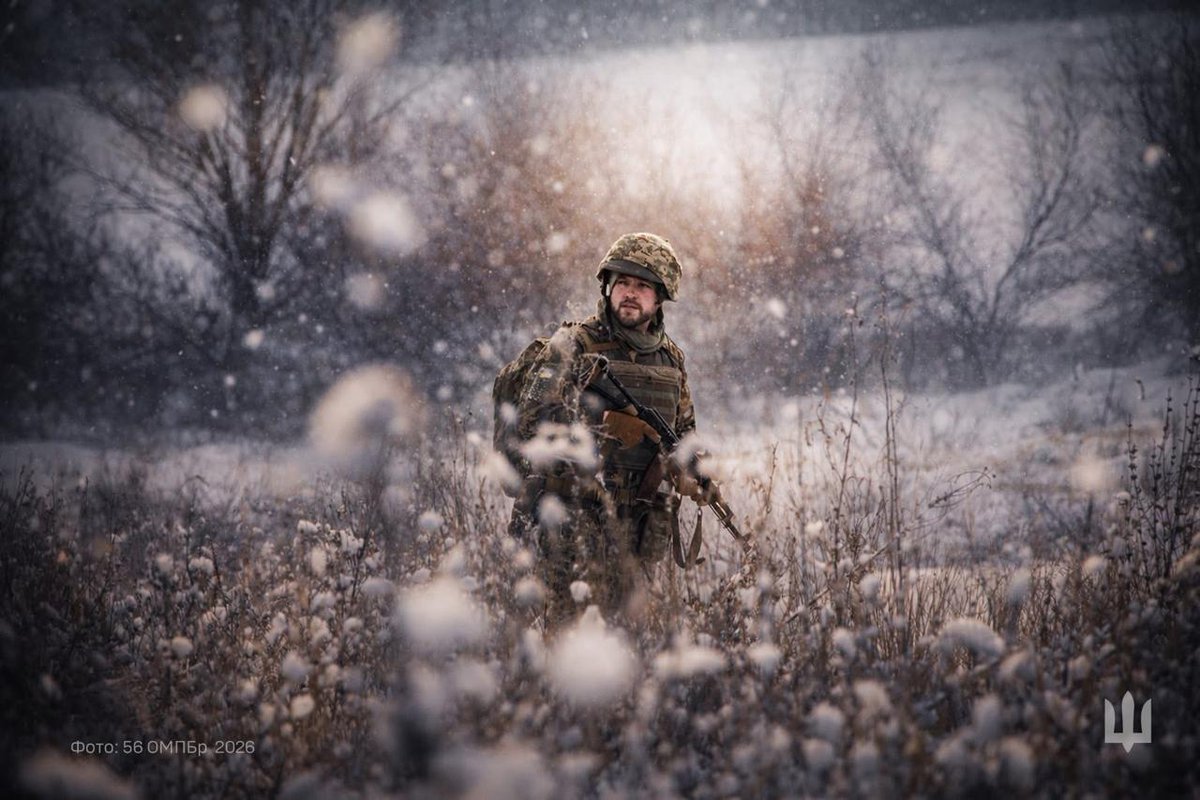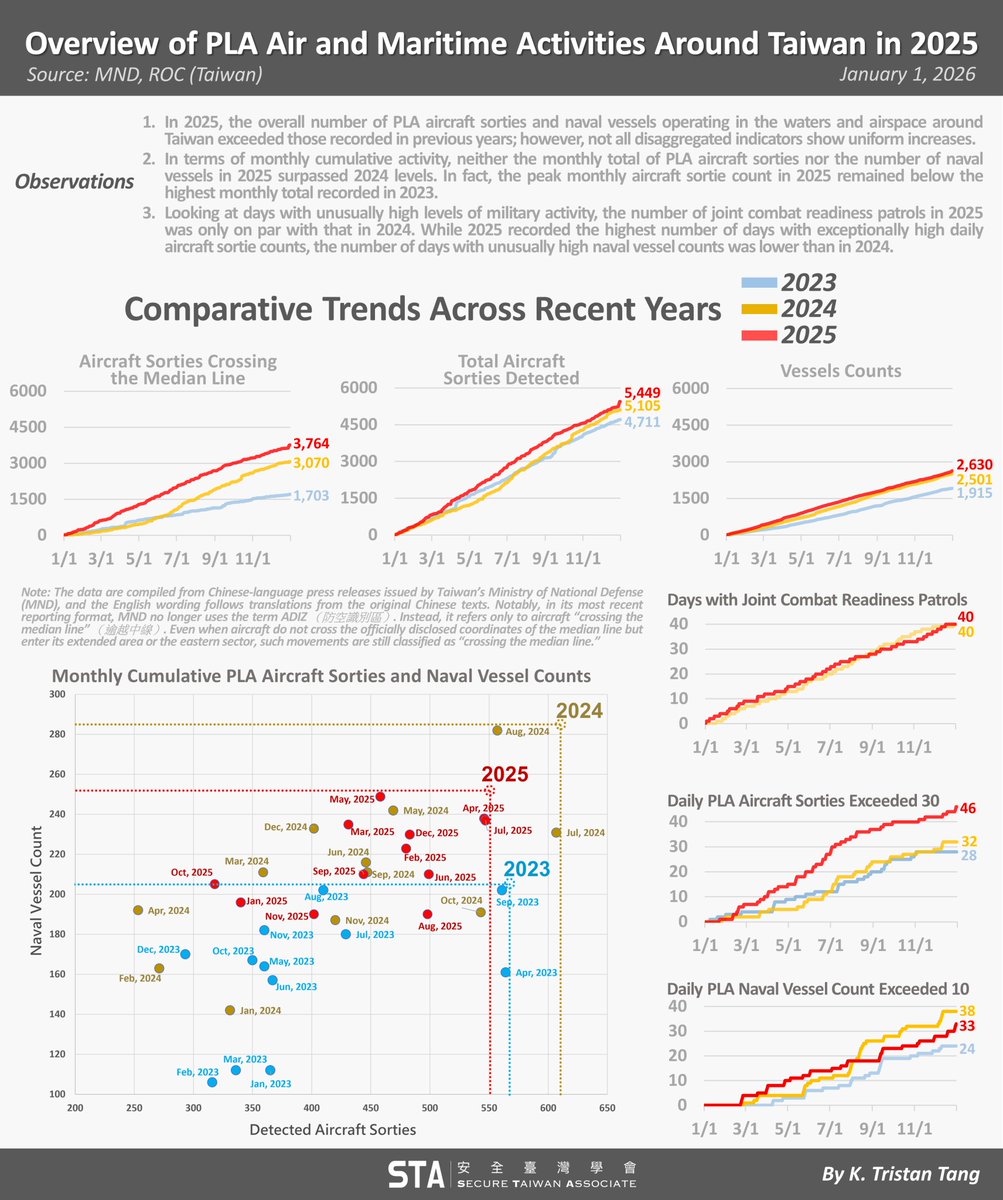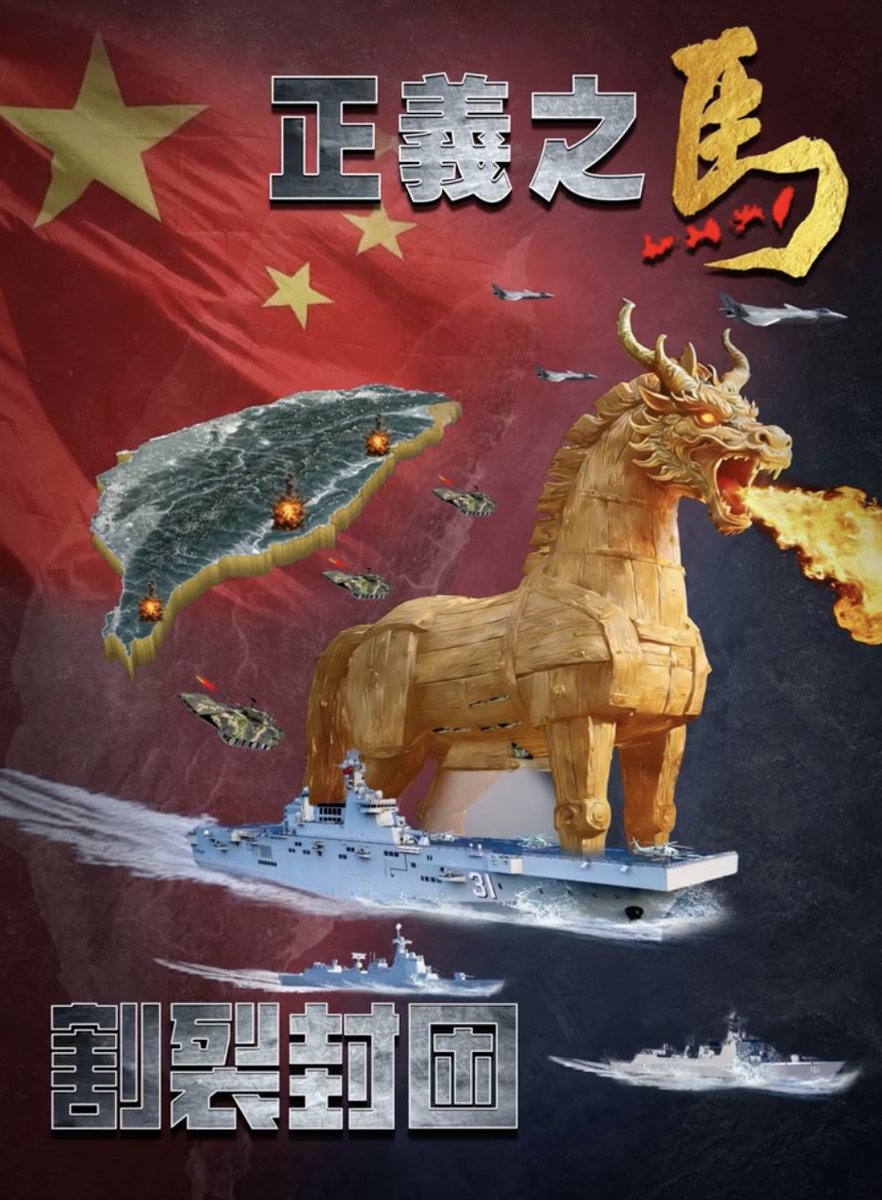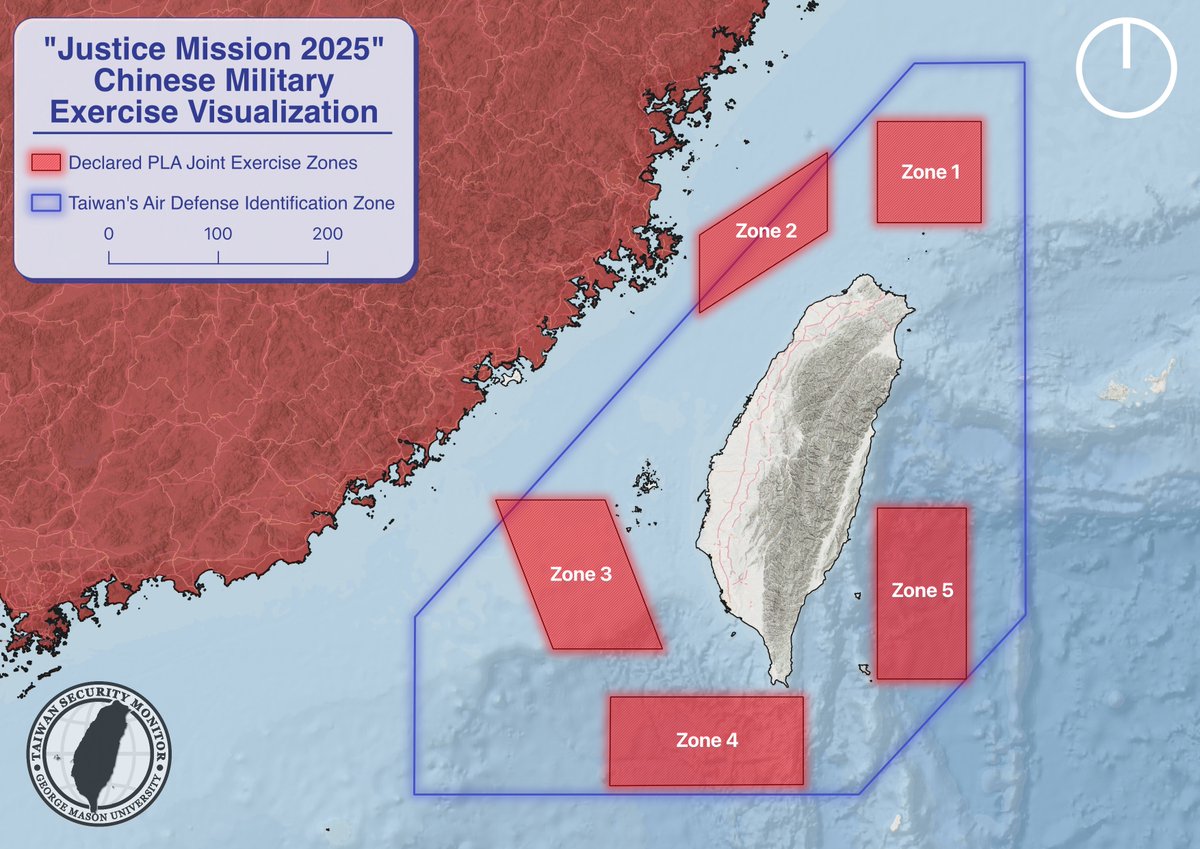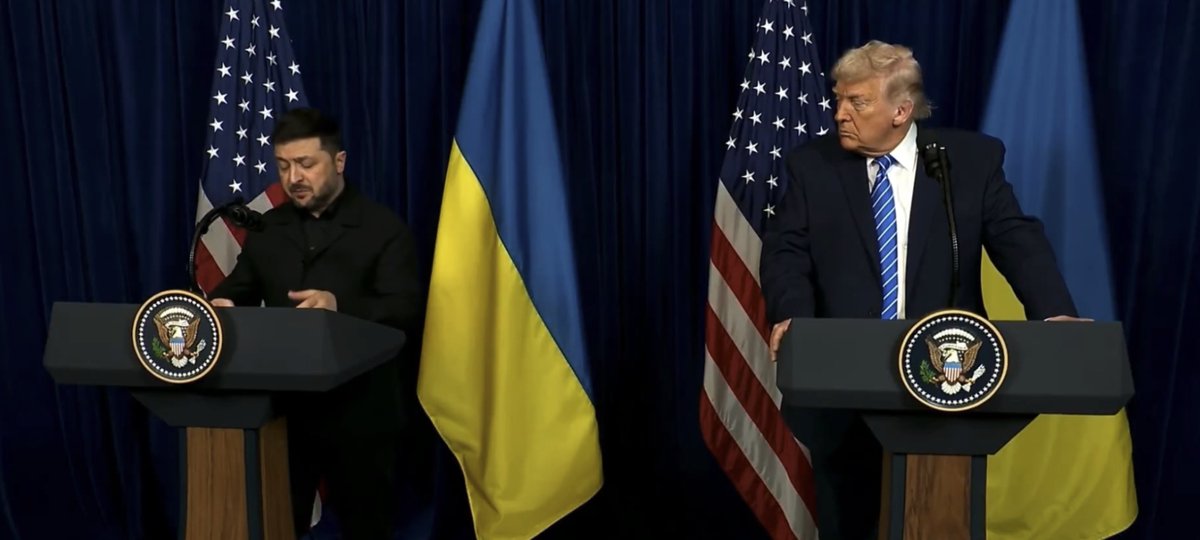Today’s speech by Putin is a milestone in the Russo-Ukraine War. It may be useful for Putin in a domestic politics sense. But, as has been the case throughout this war, it is terrible strategy for Russia. A thread on the implications of Putin’s latest ‘bold’ move. 1/25 

2/ The full text of the speech in English. I recommend reading it all - while providing a couple of breaks to vomit. It is anti-Anglo-Saxon, anti-LGBTIQ, anti-‘elites’, anti-West, and anti-US. And anti-Ukraine of course. en.kremlin.ru/events/preside…
3/ The principle audience for the speech was the domestic one. Putin used the speech as a war update, with the message that Russian progress so far is significant, securing 4 regions of Ukraine to return to the Russian motherland. 

4/ Another audience was Russia’s military leaders. In essence, Putin said “I have given you this great and historic mission, so sort your act out with mobilisation and get on with deploying more soldiers to Ukraine.”
5/ And, Putin probably believes that this speech will be well-received in certain, non-aligned parts of the world including South Asia and Africa, who still buy his energy and other products. He might be right.
6/ But what does this mean for the course of war in #Ukraine? There are multiple impacts of Putin’s new - and flawed - strategy.
7/ First, it is another demonstration of Putin’s inability to align his desired political outcomes with the capacity of his military. This has been a characteristic of the war from day one. The Russian military is incapable of achieving what Putin has directed it to do.
8/ Even the scaled back strategic objective of liberating the Donbas, announced in Putin’s 9 May speech, has proven beyond the Russian military. This expanded approach, encompassing 4 provinces, is likely to be well beyond Russian military capacity to seize or hold.
9/ So, Putin has actually set himself up for failure in this regard alone. He has set out large objectives, which his military are unlikely to achieve, which will place further strain on his credibility and that of the Russian military. It is terrible strategy.
10/ A second impact is that this will encourage Ukraine to step up its efforts to take back its territory illegally seized by Russia. So far, it is doing a pretty good job of this and battlefield momentum is currently with the Ukrainians.
11/ Ukraine, with its strategy of corrosion, has out fought and out thought the Russians throughout this war. They have brilliantly used the indirect approach to destroy Russian units and morale. And they have magnificently applied the operational art in sequencing campaigns.
12/ As a consequence of Putin’s announcement, the Ukrainians have reinvigorated purpose. We should expect to see offensives continue, including (maybe at a slower pace) through the winter. And resistance attacks in annexed areas will increase.
13/ But the continuation of Ukrainian tactical and operational success also relies of the continuation of western support. This leads to the third impact.
14/ Putin has given the west greater reason to support Ukraine. This illegal land grab goes against the all principles of self-determination and democracy. And it sets a terrible precedent for behaviour by large states - this can’t be allowed to stand. nato.int/cps/en/natohq/…
15/ Fourth, Putin has continued his campaign to normalize the potential use of nuclear weapons. His reference to US use of nuclear weapons in WW2 as a precedent means he may see them as a final option to prevent a catastrophic loss in Ukraine. And to deter further NATO support.
16/ Fifth, Putin is continuing his ‘energy warfare’ against Europe. His speech again asked Europeans why they support the war, noting that “Europe have to convince their fellow citizens to eat less, take a shower less often and dress warmer at home.”
17/ A final impact of the speech is it shows that there is no negotiated end to this war in the near future. Putin stated that the future of the 4 provinces will not be discussed. Coupled with mobilisation, Putin has painted himself into a corner. He now has to win this war.
18/ This makes him probably even more dangerous. But it will also result in greater pressure on the Russian economy and on Russian society. The ultimate impact of this is unpredictable - but unlikely to be good. A good piece on this is from @anneapplebaum theatlantic.com/ideas/archive/…
19/ Putin may also give the west no option but to further increase its aid to Ukraine. And, possibly, new consideration of Ukrainian entry into #NATO. Putin’s war and annexation nearly guarantees what he sought to prevent by invading Ukraine. president.gov.ua/en/news/mi-rob…
20/ The other irony of the speech is that it comes as Ukraine is about to capture #Lyman & show its military prowess again by humiliating the Russian Army. It is another demonstration of Putin’s constant incapacity to align his political desires with military capacity. 

21/ And if the ‘professional’ Russian military that has been trained and re-equipped over the last decade can’t prevail in Ukraine, it is extraordinarily unlikely that a mass of conscripts with just weeks of training will provide a solution to Putin’s territory aspirations.
22/ So Putin’s speech marks a more dangerous phase of the war, because he has shown himself to be more desperate. But the annexations, and mobilisations, are unlikely to change ultimate outcome of this war.
23/ Because, there is little else that Putin can do to Ukraine he has not already done. City destruction, rape, torture, murder, annexation and nuclear threats have not cowed the Ukrainians. They continue to show how a free people can defeat authoritarians. Take note Xi! 
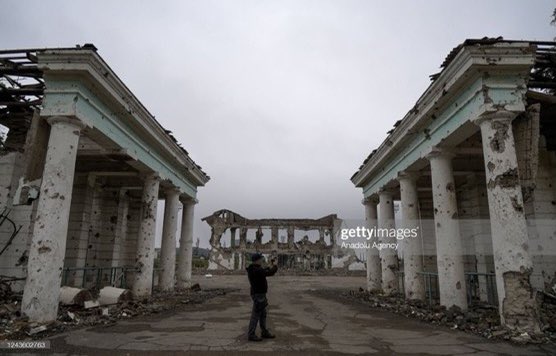
24/ The trajectory of the war remains for an eventual Ukrainian victory. But Putin’s recent announcements mean that #Ukraine winning this war will take longer, and have a much higher price - for Ukraine and Russia. End. 
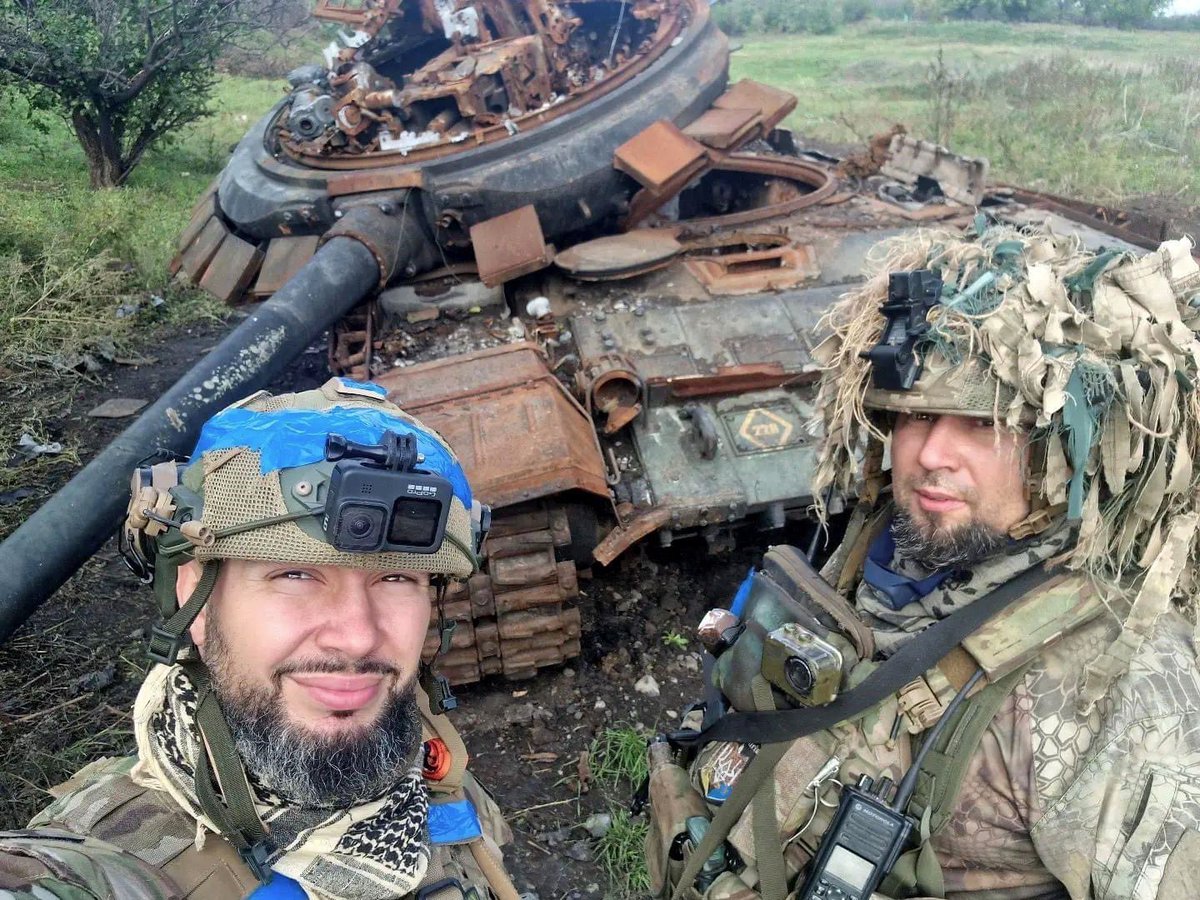
25/ Thank you to the following for images used in this thread: @maxseddon @anneapplebaum @Militarylandnet @ZelenskyyUa @UAWeapons @DefenceU
• • •
Missing some Tweet in this thread? You can try to
force a refresh


